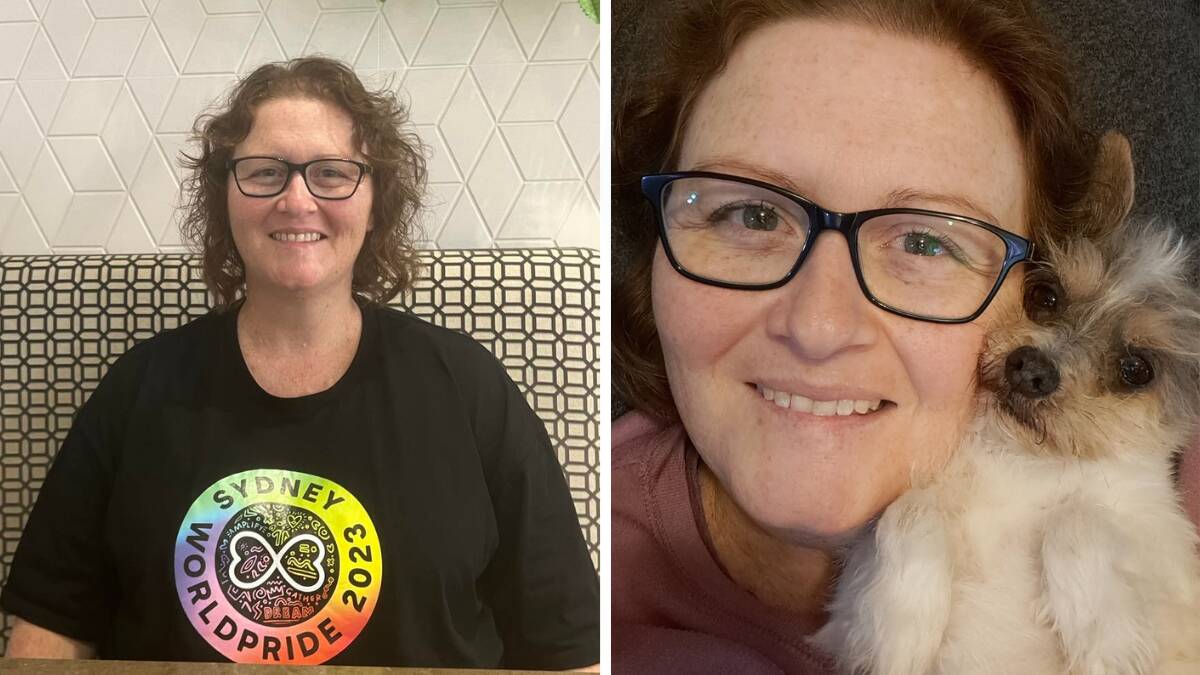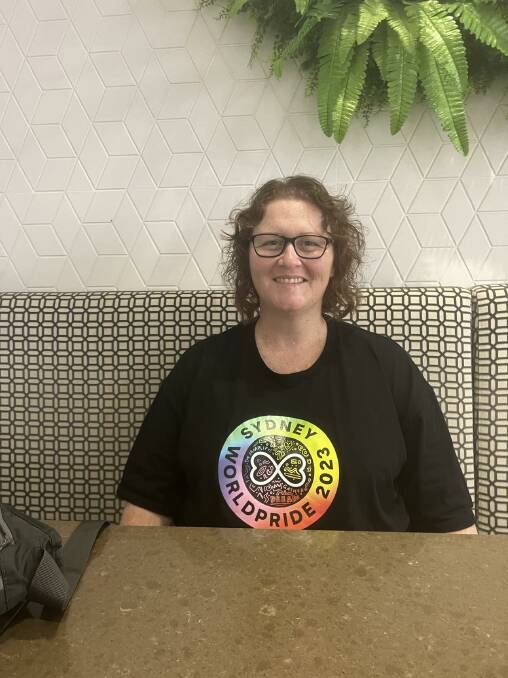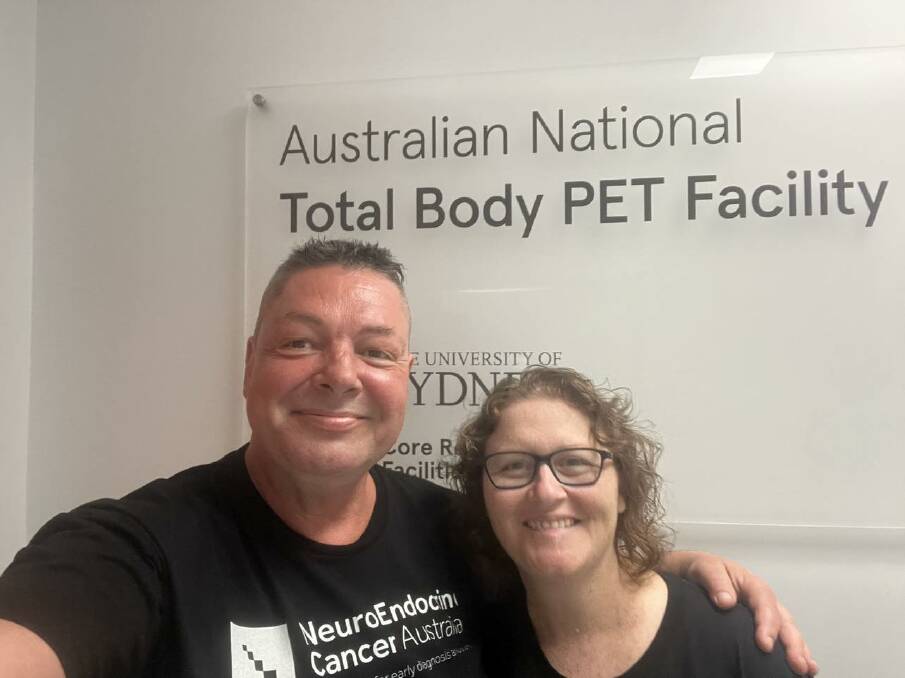
The cancer Rachel Kerney has is common, but most doctors haven't heard of it.
Subscribe now for unlimited access.
$0/
(min cost $0)
or signup to continue reading
She's raising awareness so no one goes through life living with the disease that could kill them, and being told it's a common ailment.
Mrs Kerney is one of over 25,000 Australians living with neuroendocrine cancer, with more than 5,000 diagnosed annually.
It's more common than ovarian, pancreatic and brain cancers, and yet many doctors are diagnosing it as irritable bowel syndrome (IBS), anxiety and menopause.
Neuroendocrine tumours grow in the nerve and hormone cells across the body. They give off hormone-related symptoms, including diarrhoea, flushing, racing heart and wheezing.
Mrs Kerney's case was unusual because a family member discovered they had a genetic mutation that leads to neuroendocrine tumours.

Rachel was tested to see if she was a carrier at 11. After this was confirmed, she was monitored annually. Cancerous tumours were first discovered in her body at 19.
More and more tumours cropped up over the years in different areas of her body, but in a bizarre twist, no-one had informed Rachel that her disease is actually a type of cancer, until recently.
Her regular GP moved away and every time she meets a new one, she has to explain her condition all over again. Now 47 years old, she asks new GPs to attend formal training on the cancer in the hope that they can help treat her.
"GPs usually put it down to the day-to-day things, like IBS and anxiety. Your common ailments are usually what they go to first, rather than thinking that there's something else going on, and that delays people getting tests done," Mrs Kerney told the Daily Liberal.
Mrs Kerney said many other cancers had larger awareness campaigns surrounding them, as well as funding, making neuroendocrine cancer less well-known.
"The knowledge gap is like when I first got diagnosed. I had to explain it to my GP and I had a local oncologist who'd never heard of it," she said.
"So I had to explain it to him while I was sort of training him and being the patient and then also going to Sydney to get some help too because that's who knew what was going on."
When Mrs Kerney was first diagnosed with multiple endocrine neoplasia type one - which predisposes her to neuroendocrine cancer - she wasn't told there was a cancer link.
"They just told me I was a tumour-making machine ... and I didn't understand all of that. So I went for years just having blood tests and things like that, not really knowing what was going on," Mrs Kerney said.

When her first tumour was detected, it changed her life, and was followed by ongoing trips to Sydney for operations and treatment.
"I've had to do scan after scan ... blood test after blood test... multiple appointments, time off work," she said.
"I had to have major surgery back in 2017. And that's probably the biggest part that changed my life because the surgery saved my life."
Now, she has regular injections to keep the cancer at bay, and lives in fear it will come back. She describes living with "scan-xiety", which is the anxious period after getting a scan and before receiving the results.
Many people aren't aware they have the disease until around five years after they first notice symptoms - and for some people, this is too late for treatment, Mrs Kerney said.
Her message to people who feel like they are not being heard is: "Please go back to your GP and be persistent."
Her message for the GPs out there is: "Find out more information from the Neuroendocrine Cancer Australia group because their resources are great. They have already got training tutorials on their website."
NeuroeEndocrine Cancer Australia (NECA) CEO Meredith Cummins said neuroendocrine cancer is often described as a rare cancer, but one person is diagnosed every 90 minutes.
IN OTHER NEWS
"Many of the symptoms of neuroendocrine cancer, like diarrhoea, racing heart and flushing are often attributed to everyday illnesses by doctors, which means that the cancer is often diagnosed late and can no longer be cured," Ms Cummins said.
"Many neuroendocrine cancers are treatable when caught early, so the poor outcomes that we often see can be prevented. This in turn means our healthcare system is burdened due to ongoing management of an incurable, complex cancer."
Neuroendocrine Cancer Australia hosts an awareness day, NET Cancer Day, annually. In 2023, it was held on Friday, November 10.
Reading this on mobile web? Download our news app here. It's faster, easier to read and we'll send you alerts for breaking news as it happens.


